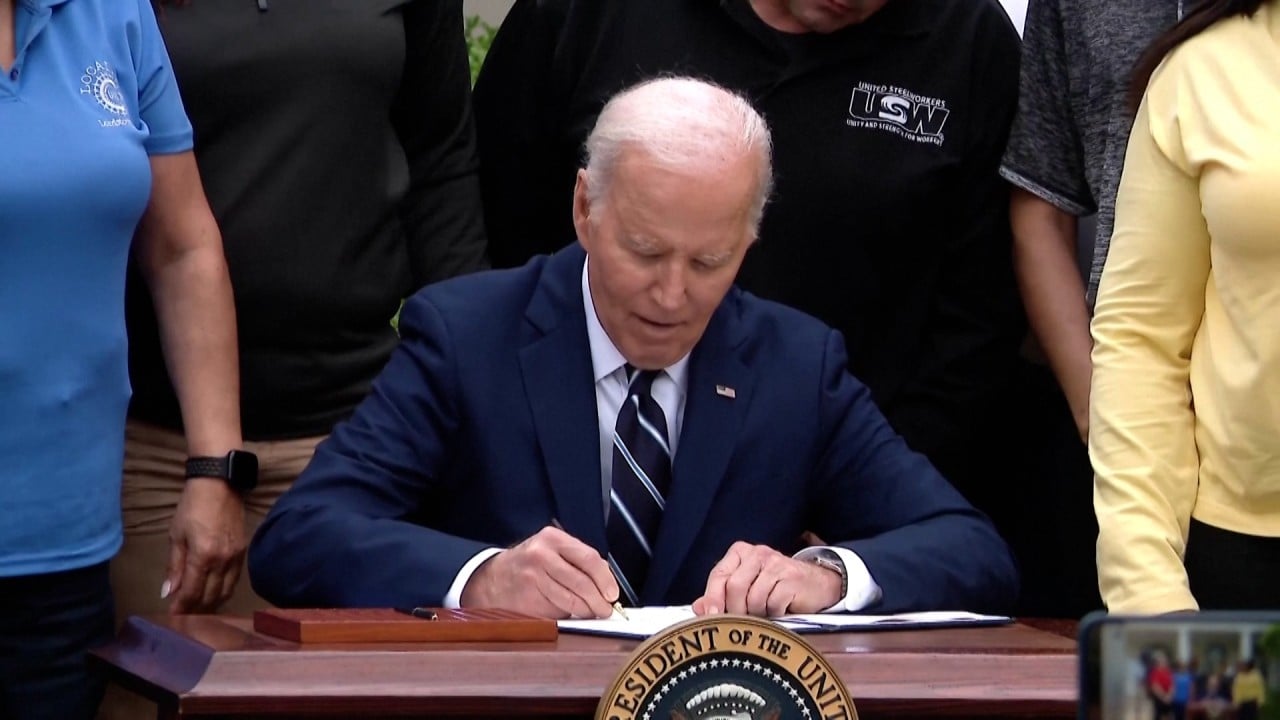Advertisement
The View | US-China EV trade war shows how narrow interests win over greater good
- China’s inter-regional rivalries and US inter-party politics are colliding in the fight for global electric vehicle dominance, pushing the world towards a future of walled camps engaged in escalating mercantilism while putting our common destiny at risk
Reading Time:3 minutes
Why you can trust SCMP

The current trade war over electric vehicles (EVs) between the United States and China exemplifies the potent force of universal egoism – a tendency that is more easily recognised in others than in ourselves.
Advertisement
Both Washington and Beijing frame the other as a grave threat, prioritising their narrow interests over mutually beneficial collaboration in the global green technology transition. American theologian Reinhold Niebuhr was prophetic about such group dynamics almost a century ago.
The US was the key architect, champion and beneficiary of the post-war neoliberal economic order. Now, however, it is drifting away from the free trade regime it helped create as some of its industries are losing competitiveness, particularly against those of its chief geopolitical rival. This turn is likely to have ripple effects which bring economic harm to the US and the world.
In imposing and raising tariffs on a range of products from China – including 100 per cent tariffs on Chinese EVs – several underlying dynamics are revealed. First and foremost, the move appears to acknowledge the competitive advantages of Chinese green tech products.
More importantly, it is clear that domestic politics in the US overrides other economic, ethical and geopolitical considerations. The diverging narratives from Beijing and Washington, with each side portraying the other as an unfair competitor, epitomise how group egoism can overshadow rational economic interests.
Missing out on the significant consumer surplus offered by China’s EV industry, Americans could end up paying over the odds for inferior cars compared to higher-quality Chinese EVs, all while the cost of living remains a critical concern for many US voters.

Advertisement

